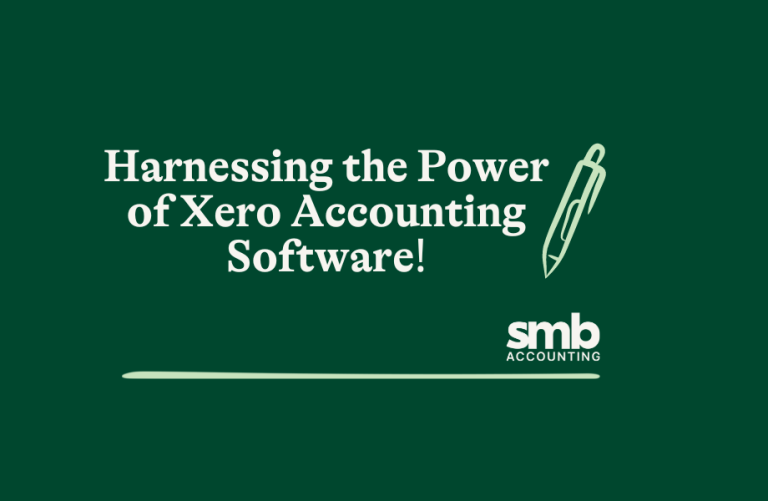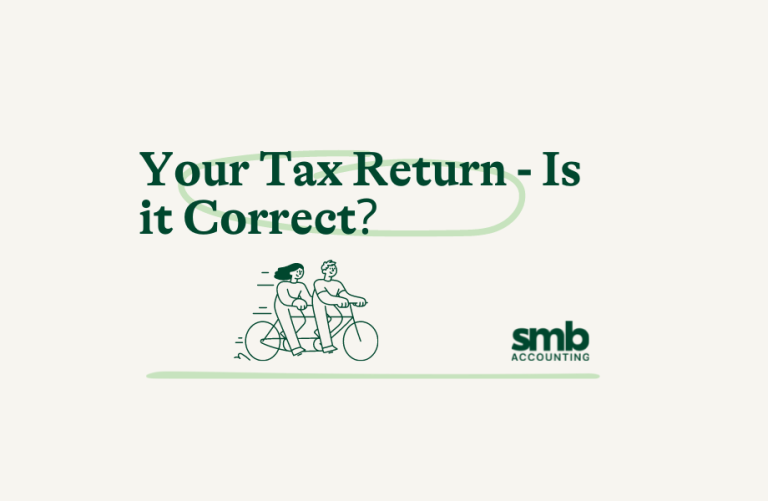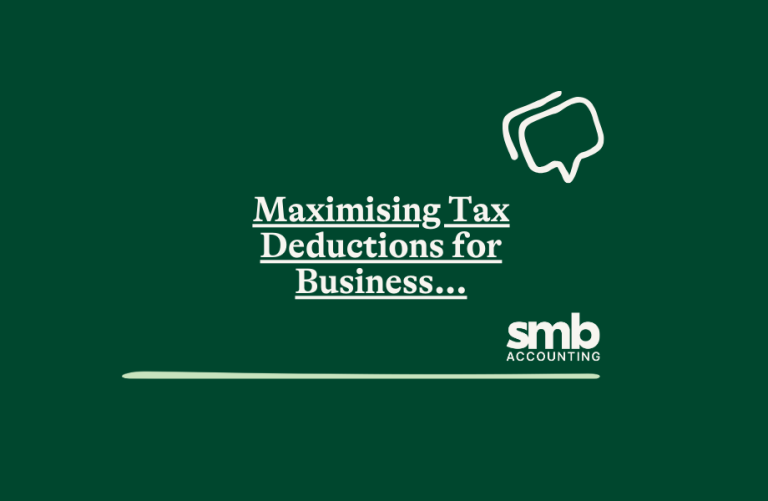Paying taxes is an activity that any law-abiding citizen must do. By paying taxes, there are times when you get a tax refund. As the name suggests, a tax refund is an excess of taxes that are given back to the taxpayer.
Most people would agree that a tax refund is a lifesaver. This is because an annual tax refund gives you many options on what to do with it, such as paying back debts or simply saving them for future use. In other words, a tax refund has a significant effect on your finances.
How exactly do you use your tax refunds wisely? This article lists down some ways that you can do this. Read on below to learn more.
#1 – Super Contribution Top-up
According to the Australian Securities and Investments Commission (ASIC), the average single person who retires at 65 with a “modest” lifestyle will need approximately $300,000 today to retire. On the other hand, those who want a “comfortable” lifestyle in retirement will need roughly $544,000.
For most people, those are massive numbers. If you add to your super very early on, it gives your savings a lot of time to grow. Simply get in touch with a superannuation advisor, and they will tell you how to transfer your tax refund into your super fund. It may seem like a small thing now, but your future self will thank you once you retire.
#2 – Term Deposit for Your Children
If you have children, your tax refunds can be used for their benefit. Tax refunds are like a long-term investment that you can use for your children’s big-ticket expenses, such as their education or their first car.
While not everyone has term deposits on their plans, it pays to set aside some funds for your children—especially considering the rising living costs in the country.
#3 – Buy Work-Related Equipment
Buying work-related equipment such as computers is no easy task. If you don’t have enough money, chances are you’ll be stuck with a subpar piece of equipment that hinders your job performance.
Work-related items that cost more than $300 must be depreciated over the “life” of the item. If you buy them by the end of a financial year, then the benefits on your subsequent tax will be small.
On the other hand, your depreciation calculation will cover more time if you buy them between July to August. In other words, it’s a bigger deduction on your next tax return.
#4 – Pay Off Debts or Loans
If you have credit card debts or personal loans that you’re paying off for a long time, then it’s recommended that you use your tax refunds to pay for them.
It’s a good idea to do so because your interest repayments will go down as soon as you lower your outstanding balance. Aside from that, you can now use the money for yourself instead of it going to your lender.
#5 – Put It in a Mortgage Offset Account
If you have a mortgage, chances are your mortgage provider is offering a mortgage offset option. A mortgage offset account is like a savings account, but it works a little differently. Your offset balance is deducted from your outstanding mortgage loan balance to calculate the interest component of your mortgage payments.
Because of this, you end up paying less interest for your mortgage, which leaves you with more money. You can pay off your mortgage quicker while your offset account balance is ready to be used in case of an emergency.
Conclusion
Tax refunds are money that comes back to you, so you must use them wisely. You can use them to pay debts or save them for later if a financial emergency occurs, as well as keep them as deposits for your children. In the end, you’ll be glad you have done so, because you will be able to get out of a bad spot quicker.
SMB Accounting has knowledgeable tax consultants who can help you get started with taking care of your tax refunds. We make sure that our clients use their tax refunds wisely, and we also offer other services such as accounting and business advice. Contact us today for a consultation!




